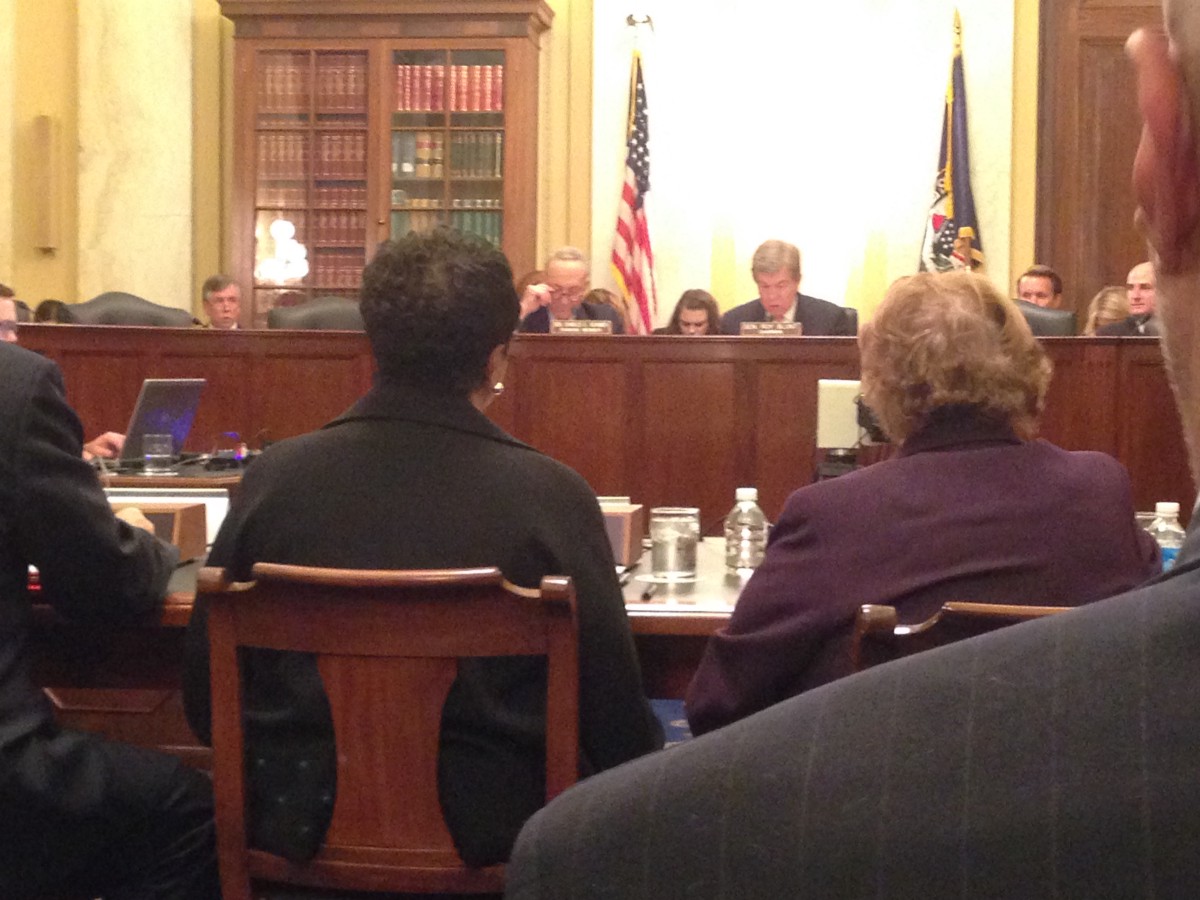In the next few months, the Justice Department’s Inspector General will release a report on lobbying by foreign powers aimed at the federal government. Unlikely lobbying by American citizens and companies, tracked by the House of Representatives and Senate, lobbying by agents of foreign powers is monitored by the Department of Justice.
The law requiring reporting by foreign lobbyists — known as the Foreign Agents Registration Act, or FARA — originated in the 1930s and grew out of the concern that it’s important to know when foreign governments are trying to influence U.S. policy. It differers from domestic lobbying reporting in three important ways. Continue reading “Tracking Lobbying by Foreign Governments”
